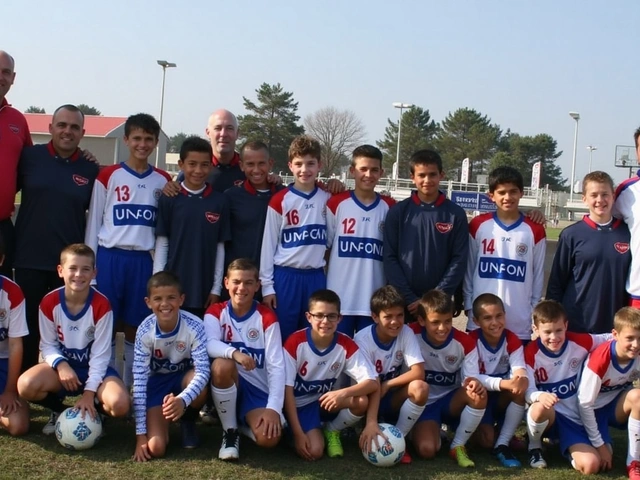Court Ruling: What the Nigerian Asset Seizure Means for You
When a court orders the confiscation of billions of naira, it grabs headlines—rightly so. The recent decision by a Lagos federal high court to permanently seize ₦12.18 billion from former Central Bank governor Godwin Emefiele is a big deal for anyone following Africa’s fight against corruption.
The Economic and Financial Crimes Commission (EFCC) pushed the case, saying the properties were bought with money that came from illegal activities. The judge agreed, issuing an order that the assets—including luxury houses in Lagos and an industrial project in Delta State—are now forfeit. It’s not just a win for the EFCC; it sends a clear message that high‑profile officials can be held accountable.
Why This Ruling Matters
First, the size of the seizure matters. ₦12.18 billion is roughly US$30 million, enough to fund several community projects or improve local schools. When the court takes that money away from a suspected corrupt official, the state can redirect it toward public services.
Second, the case proves the EFCC’s investigative muscle. It shows they can track down assets, build a solid case, and survive the legal hurdles that often stall corruption probes. For citizens, this builds trust that law‑enforcement agencies are not just talking but actually acting.
What Happens Next?
After a court orders permanent forfeiture, the assets usually go to the Asset Management Corporation of Nigeria (AMCON). AMCON’s job is to manage, sell, or repurpose the property. In practice, that could mean a luxury villa turns into a public housing unit, or an industrial site becomes a job‑creating factory.
For businesses and investors, the ruling is a reminder to keep clean records. Any hint of shady dealings can now trigger a court’s eye, especially when the EFCC is watching closely. Transparency and proper documentation are more important than ever.
For ordinary citizens, the case highlights why staying informed matters. Court rulings like this shape the economic environment, affect job opportunities, and influence how public funds are used. When you see a headline about a massive asset seizure, think about the ripple effects on your community.
Finally, the ruling underscores a broader trend across Africa: courts are becoming more willing to tackle high‑level corruption. Recent decisions in Kenya, South Africa, and Ghana show a similar willingness to hand down tough judgments. Those moves collectively boost investor confidence, because a predictable legal system is a good sign for business.
If you want to keep track of future court rulings, follow reliable news sources and watch for official statements from the EFCC or similar agencies. Understanding the legal landscape helps you make smarter choices—whether you’re an entrepreneur, a job seeker, or just a citizen who cares about good governance.
In short, the Lagos court’s decision isn’t just a headline; it’s a concrete step toward cleaner finances and stronger institutions. Keep an eye on how the seized assets are used—those details will tell you whether the ruling translates into real benefits for everyday South Africans and Nigerians alike.
Ex-German Football Star Jérôme Boateng Convicted of Domestic Abuse by Munich Court
Former German football player Jérôme Boateng has been found guilty of causing bodily harm to his ex-partner. The Munich court handed him a suspended fine and a warning, concluding a significant domestic abuse case against the ex-Bayern Munich defender.
View More





